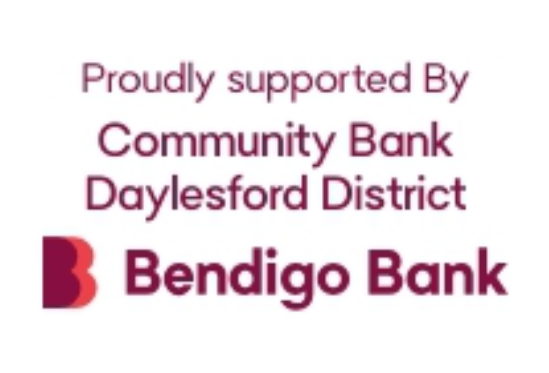Land Tax assessments have started to arrive in mailboxes and landowners are facing substantial increases because of the COVID Debt Levy introduced in the 2023 Victorian Budget.
Land tax is an annual tax that is applied on the total taxable value of all land owned in Victoria calculated on the unimproved site value. Land tax is calculated on a sliding scale – the higher the aggregated land value, the higher the rate. Properties exempt from land tax include principal places of residence, farmland, retirement homes and land owned by charities or religious institutions.
From this year, for a period of 10 years, Land Tax will include an additional COVID Debt Levy imposed to repay the state’s $31.5 billion debt incurred during the pandemic. A temporary (10 years) fixed charge of $500 will be levied on taxpayers with landholdings between $50 000 and $100 000, and a temporary fixed charge of $975 on taxpayers with landholdings between $100 000 and $300 000. For general taxpayers with property holdings above $300 000 (and trust taxpayers with property holdings above $250 000), land tax rates will temporarily increase by $975 plus 0.1 percentage point of the value of their landholdings above $300,000.
The levy on a typical Daylesford property valued at $600,000 is $2,250 and the levy on a $1 million property is $4,650. (These are typical assessments for landholders with a single investment property. For landholders with a portfolio of properties, the land tax calculation is more complicated.)
The debt levy measures are expected to raise $8.6 billion over the next four years, with an additional $4.74 billion to be raised in the 2024 financial year alone. Changes to land tax are expected to see an additional 360,000 landowners paying land tax. Land tax now represents 20.7% of the state’s taxation revenue.
Most privately owned rental properties are subject to land tax and this represents a direct cost (likes Council rates, insurance, etc.) that is factored into establishing a rental price.
As land values increase, the state land tax increases in proportion. There is no upper limit to these increases. This is different to Council rates where the “rate cap” restricts the total pool collected to the specified rate cap specified by the state government.
Across the state, the 2023-4, increase in land values increased by 14.9% but the additional State government Debt Levy has seen some land owners facing increases of over 100% in their land tax assessments.
All privately owned rental properties in Hepburn Shire will incur a minimum cost of $975 or approximately $20 per week. This will likely be passed on to tenants in conjunction with other statutory cost increases (rates fire levies, compliance costs, etc) potentially adding to this. One landowner indicated to the Wombat Post that a $30 per week increase would be the minimum most owners would seek just to break even.
Some owners may exit the market due to the increased costs. An increase in the number of properties for sale may lead to some improvement in housing affordability. However, the Debt Levy which was aimed at more wealthy property owners is likely to have a significant impact on rental affordability.
Related stories:
Council Releases Draft Affordable Housing Policy
The Challenge of Balancing Affordable Housing and Development Locally











